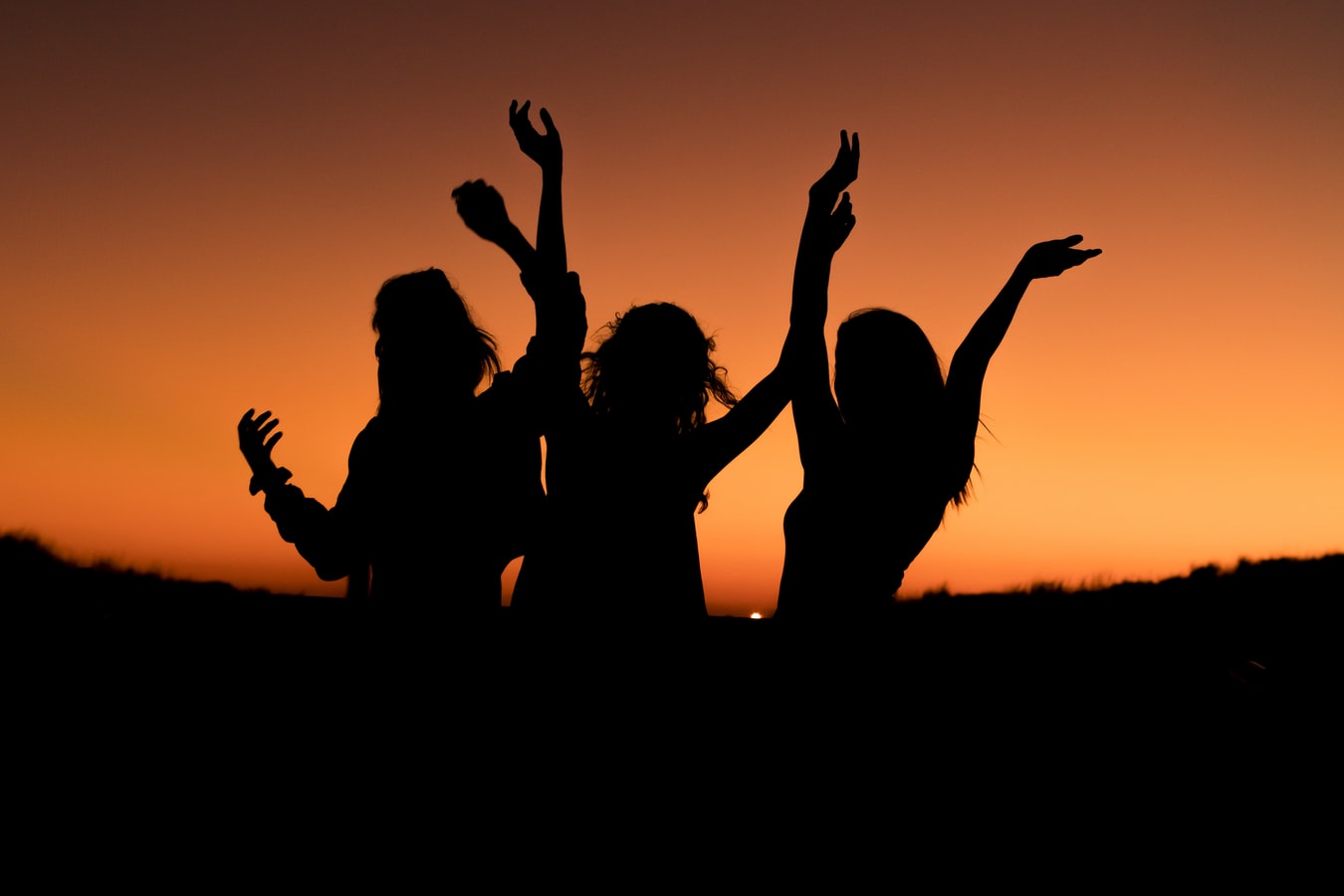Afraid of Relationships?

HT: What’s the best thing about being a district superintendent?
DS: The opportunity to see young, gifted, called pastors find a place to serve. Also, to write “permission slips” to help them live out and see those callings fulfilled.
HT: Do you find yourself mentoring pastors?
DS: Yes, in ways that surprise me because I never sought a district superintendent in the same way pastors seek my help. They come to me asking about setting service times, types of worship, planting satellite churches, the Lifelong Learning credits, planned networking for connection and education, intentional ministry, and careful planning. They don’t want me to be mechanistic but strategic in understanding ministries. I help them look around their neighborhoods to understand their contexts and then generate ministry concepts in their areas.
It is as simple as thinking—if we have church on Sunday morning, sing a couple of contemporary choruses, listen to a sermon—that’s enough. They think, “I’ve gotten something; I’ve received,” rather than viewing churches as conduits of grace and mercy into the communities. That’s shockingly more prevalent than I realized.
HT: Why is it so prevalent?
DS: I’m guessing that it’s the fear of change. In some churches, the power structure has remained as is for decades. They haven’t adapted to the mission field around them. A lot of this is fear-based, which is an antithesis to faith-based.
At times, it seems pastors don’t have dream partners in the local congregations. And some pastors are like their congregations. My observation is some pastors don’t know what to do, either, so they do what they’ve always done. They don’t always empower laypeople to teach, lead groups, and they’re not missionally engaging the community. The question is, how to be salt and light where you are busy (engaged) and have influence.
HT: How do we engage people?
DS: When we talk about needing to engage the community and proclaiming the gospel with our words, it’s about building relational bridges between our story, their stories, and God’s story.
Unfortunately, church people are often looking for a formula or are wanting to know the argument to “witness.” This should be born out of relationships rather than seeing people as targets.
HT: Are we afraid of relationships?
DS: We’re afraid of everything—governments, cultures, social issues, and structures. We’re afraid of not having the right answers, or if we don’t give the “right” answers, we think we’re misrepresenting Christ. It keeps us from talking about what’s at the core of our lives, Christ.
HT: How do we overcome those fears?
DS: Just tell people how Christ changed your life. Every day. How powerful to say to someone, “My life is guided by the Creator of the universe.” Share how your story intersects with God’s story.
HT: How do we build relationships?
DS: Listen to the stories of people. We’re afraid to listen. We’re notoriously bad listeners. Let’s be where the people are instead of always inviting them to come to our space and church.
Get engaged in our children’s schools. Join community clubs and groups. Go where people are so we can be a part of each other’s lives. For Carol and me, some of our best relationships were created when Hannah was playing softball, and we sat in the stands and engaged with other parents.
HT: Share some examples of churches engaged in impacting their communities.
DS: Bob Hess is pastor of the Nazarene church in Wilmington, New York, set at the foot of Lake Placid. He has a vision for the Adirondacks, his area, where there are few evangelical churches and no highways.
That church is planting a second venue, hosting a Sunday night service, in AuSable Forks, New York, with musicians whom Bob met in the community. One guy has only played in bars, but has expressed an interest in religious things. This second venue is in the basement of an old Methodist church.
Bob says that they are investing in Wilmington and making sure that the message of Christ is shared there as they are trying to be a missional church.
Shane Smith is pastor of Church Radiant in Rochester, New York. People had a vision for a church plant in that part of Rochester. Initially, they met in two hotels, then in a strip mall between a tattoo parlor and a liquor store, which they thought sent the message that they were no better than anyone else. They ended up purchasing an old, historical “party house” on seven acres. They renovated the event space turning it into a church.
Now, the old bar area is their “Mission Café,” the old dance floor is the narthex, and the former party room is the sanctuary, which they are quickly outgrowing. The culture they are attempting to create is to offer biblical truth in love and humility. Shane says, “We’re just trying to love people where they are. God’s Spirit is the one who brings the change in their hearts.”
Paul Colgan in Auburn, New York, is a bi-vocational pastor at First Church of the Nazarene. His second job is in agribusiness. The church was in some decline. Paul came in and encouraged the congregation to be an Ephesians 4 ministry, meaning he equips the church people for finding needs in the community and stepping up to meet those needs. Because of this, the people are becoming more engaged in the church’s ministry are stepping up to do their part to “be who God has wired them to be.” The congregation is excited and it is evidenced with them building relationships and inviting their friends to church. As they move forward, they are doing it together. Someone isn’t telling them what to do but is walking with them. Paul says, “I want the congregation to share the hope of Jesus with their families, neighbors, and coworkers.”
Please note: All facts, figures, and titles were accurate to the best of our knowledge at the time of original publication but may have since changed.




